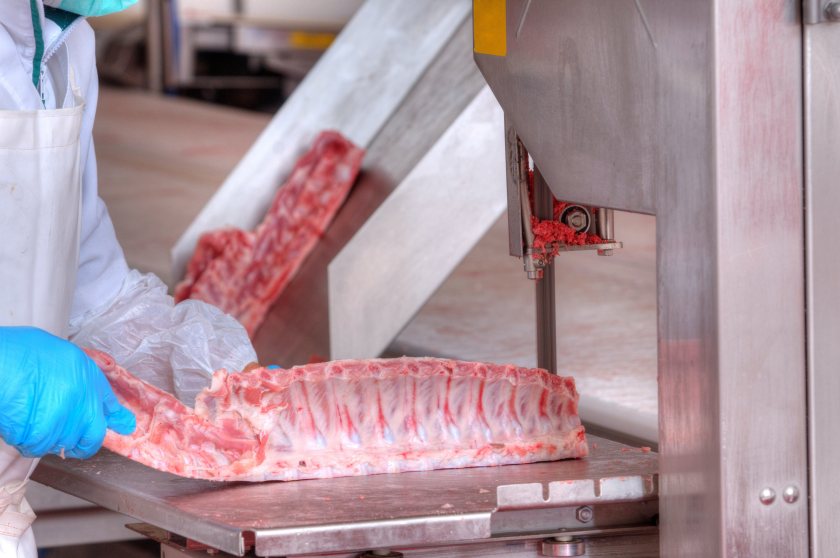Agency gains new powers to crack down on food fraud

The Food Standards Agency has been granted new investigatory powers to strengthen its ability to tackle food fraud across England and Wales.
The FSA's National Food Crime Unit (NFCU), established in 2013 following the horse meat scandal, now has access to key powers under the Police and Criminal Evidence Act.
These include the ability to apply for and execute search warrants—an enhancement expected to improve the speed and effectiveness of investigations.
The move marks a major milestone for the NFCU, which was created following the recommendations of the Elliott Review in 2013 following the horse meat crisis.
Since its formation, the unit has collaborated closely with police forces and Local Authorities to detect, deter and prosecute food crime.
“These new powers are a vital tool to ensure that NFCU investigations can be progressed more directly and effectively,” said Andrew Quinn, NFCU's head.
“Our investigators will be able to apply for and execute search warrants, increasing our ability to respond quickly to intelligence and to continue to ensure that swift action is taken to tackle food fraud.”
With the UK food system heavily reliant on consumer confidence and integrity, the new measures are also seen as a way to support legitimate food businesses by reducing disruption caused by criminal activity.
“We’ll still be working closely with partners like police and Local Authorities, and our new powers will free up their vital resources so they can be diverted to other priorities,” Mr Quinn added.
The development was welcomed in government, with Farming Minister Daniel Zeichner saying: “Making sure our food is authentic and safe for the British public to consume is vital, which is why it is essential to boost the NFCU's powers.”
Prof Chris Elliott of Queen’s University, who led the Elliott Review, said the new powers were of huge importance in the ongoing fight against food crime in the UK.
"The ability to enter and search premises immediately following the arrest of suspects will make it much more difficult for criminals to dispose of incriminating evidence and cover their tracks.
"I have supported this advance in the unit’s powers for many years and am delighted to see them coming into force.”
Last month, four men were convicted of food crimes after 1.9 tonnes of animal by-product went through an illegal cutting facility in London.








